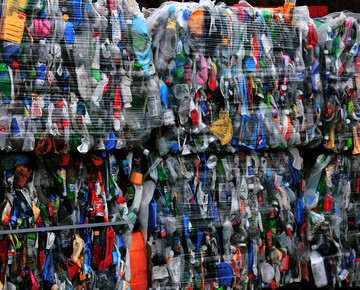WTS worldwide
- Albania
- Algeria
- Angola
- Argentina
- Armenia
- Australia
- Austria
- Bangladesh
- Belgium
- Benin
- Bolivia
- Bosnia & Herzegovina
- Botswana
- Brazil
- Bulgaria
- Burkina Faso
- Burundi
- Cambodia
- Cameroon
- Canada
- Cape Verde
- Central African Republic
- Chad
- Chile
- China
- Colombia
- Congo Brazzaville
- Costa Rica
- Croatia
- Cyprus
- Czech Republic
- Democratic Republic of Congo
- Denmark
- Dominican Republic
- Ecuador
- Egypt
- El Salvador
- Equatorial Guinea
- Estonia
- Eswatini
- Ethiopia
- Finland
- France
- Gabon
- Gambia
- Georgia
- Germany
- Ghana
- Gibraltar
- Greece
- Guatemala
- Guinea
- Guinea-Bissau
- Honduras
- Hong Kong
- Hungary
- Iceland
- India
- Indonesia
- Iran
- Iraq
- Ireland
- Israel
- Italy
- Ivory Coast
- Japan
- Kazakhstan
- Kenya
- Korea
- Kyrgyzstan
- Laos
- Latvia
- Liberia
- Libya
- Lithuania
- Luxembourg
- Macao
- Madagascar
- Malawi
- Malaysia
- Mali
- Malta
- Mauritania
- Mauritius
- Mexico
- Moldova
- Mongolia
- Montenegro
- Morocco
- Mozambique
- Myanmar
- Namibia
- Nepal
- Netherlands
- New Zealand
- Niger
- Nigeria
- North Macedonia
- Norway
- Pakistan
- Panama
- Paraguay
- Peru
- Philippines
- Poland
- Portugal
- Puerto Rico
- Romania
- Rwanda
- São Tomé and Príncipe
- Saudi Arabia
- Senegal
- Serbia
- Sierra Leone
- Singapore
- Slovakia
- Slovenia
- Somalia
- South Africa
- South Sudan
- Spain
- Sri Lanka
- Sudan
- Sweden
- Switzerland
- Taiwan
- Tanzania
- Thailand
- Togo
- Trinidad and Tobago
- Tunisia
- Turkey
- Turkmenistan
- Uganda
- Ukraine
- United Arab Emirates
- United Kingdom
- Uruguay
- USA
- Uzbekistan
- Venezuela
- Vietnam
- Zambia
- Zimbabwe




























